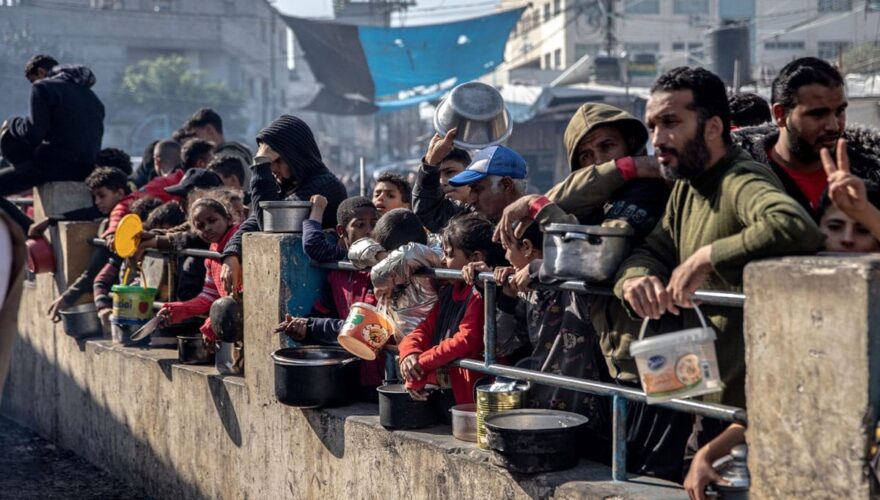Rising Violence and Health Infrastructure Attacks
Since the onset of the Gaza conflict on October 7, 2023, the West Bank, including East Jerusalem, has witnessed a disturbing spike in violence. This surge has tragically resulted in the deaths of 521 Palestinians, including 126 children, and injuries to over 5200 individuals, of which 800 are children. These events have placed an immense burden on the already strained health facilities, compounding the need for trauma and emergency care.
WHO has documented 480 attacks on health care in the West Bank from October 7, 2023, to May 28, 2024. These attacks, which led to 16 deaths and 95 injuries, have targeted 54 health facilities, 20 mobile clinics, and 319 ambulances. Notably, 59% of these incidents occurred in Tulkarem, Jenin, and Nablus. The attacks included damage to infrastructure, detention of health workers and patients, and obstruction of access to health services.
Movement Restrictions and Access to Health Care
The closure of checkpoints and the arbitrary obstruction and detention of health workers have severely restricted movement within the West Bank. Rising insecurity and the complete closure of towns and communities have further hampered access to health facilities. Infrastructure and housing damage, especially in northern areas, have made it difficult for ambulances and first-aid responders to operate effectively.
From October 2023 to May 2024, 44% of the 28,292 applications for patients seeking medical care outside the West Bank were either denied or remain pending. The period also saw a 56% decrease in patient permit applications and a 22% decrease in approvals compared to the same period the previous year. Companion permit applications decreased by 63%, with approvals down by 24%.
Financial Crisis Exacerbates Health System Strain
The fiscal crisis faced by the Palestinian Authority (PA) has been exacerbated by Israel’s increased withholding of tax revenues since October 7, 2023. This economic downturn has severely impacted health service delivery, with health workers receiving only half of their salaries for nearly a year and 45% of essential medications out of stock. Primary care clinics and outpatient speciality clinics are now operating just two days a week, and hospitals are functioning at about 70% capacity.
Read More: Say Goodbye To Heartburn: Effective Strategies For Acid Reflux Relief
WHO’s Response and Calls for Protection
WHO is aiding the Ministry of Health by procuring essential medications and providing technical assistance to address policy and procedural issues contributing to the fiscal crisis. The organization has also pre-positioned supplies at key hospitals and conducted community trauma management training for first aid responders to enhance emergency preparedness. However, ongoing insecurity and restricted access due to strict curfews hinder these efforts.
WHO has called for the immediate and active protection of civilians and health care in the West Bank, emphasizing that international humanitarian law, which mandates the sanctity of health care, must be respected at all times.


